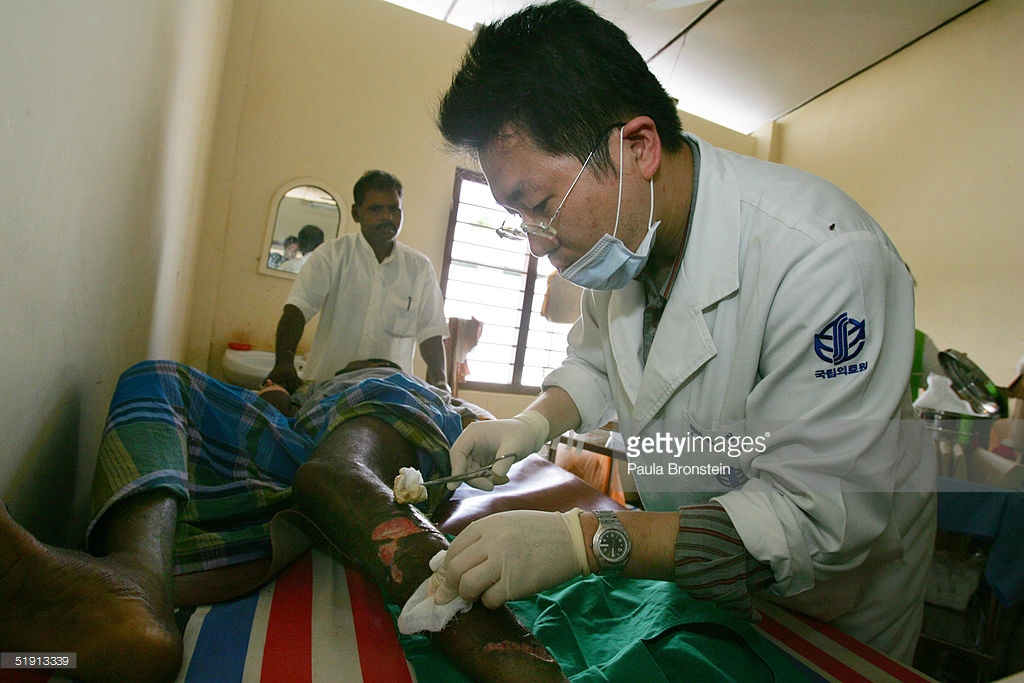WHO Provides Sulaymaniyah with urgent medical supplies to prepare for and respond to the recent Cholera outbreak
The World Health Organization (WHO) dispatched an urgent consignment of medicines and medical supplies to Sulaymaniyah governorate in the (KR-I) to support the Regional Ministry of Health in KR-I step up its response to the sudden cholera outbreak in the region.
The consignment comprised 4 pallets of medicines and medical supplies, including infusion sets, antibiotics, and intravenous fluid (ringer lactate) to cover the needs of a population of approximately 5000 people for a duration of 3 months.
The Minister of Health in the Kurdistan Region of Iraq Dr. Saman Hussain Barzangy attended the handover and expressed concern over the sudden increase in acute diarrhea cases in Sulaymaniyah and a few other Iraqi governorates. “13 Cholera cases were confirmed by the laboratory among which 10 are in Sulaymaniyah. We are following the situation closely and have scaled up surveillance, preparedness and response activities, and hope to be able to contain the outbreak in the coming weeks in close collaboration with WHO and other partners” Dr. Barzangy said.
The Ministry of Health in KR-I is working with the Central Public Health Laboratory (CPHL) and have requested support to test 56 additional samples taken from Sulaymaniyah. As of 20 June 2022, 13 cholera cases from Sulaymaniyah, Kirkuk, and Muthanna, were confirmed by the CPHL.
“The increase in new Cholera cases in Sulaymaniyah and other governorates is a reason for concern for WHO and the MOH, as it is coming on the backdrop of the COVID19 pandemic and other epidemic-prone outbreaks that the country is still battling. However, WHO is committed to supporting the Ministry of Health both in Baghdad and in Kurdistan, to prepare for and respond to this outbreak and lower the impact on the population, including on the vulnerable groups of women, children, and the low-income communities,” said Dr. Ahmed Zouiten, WHO Representative and Head of Mission in Iraq.
“We are also calling upon our funding partners, stakeholders, WASH sector, and health cluster members to enhance collaboration with the local health authorities to ensure a proactive and coordinated approach to cholera response across Iraq,” Dr. Zouiten added.
It is worth mentioning that cholera is a waterborne bacterial infection that can spread quickly through a population. The disease is primarily contracted by consuming water or food contaminated with the cholera bacteria, Vibrio cholera. It causes uncontrollable diarrhea that, if left untreated, can result in dehydration or death.
(Source: UN)
The post WHO provides Medical Supplies for recent Cholera Outbreak first appeared on Iraq Business News.

